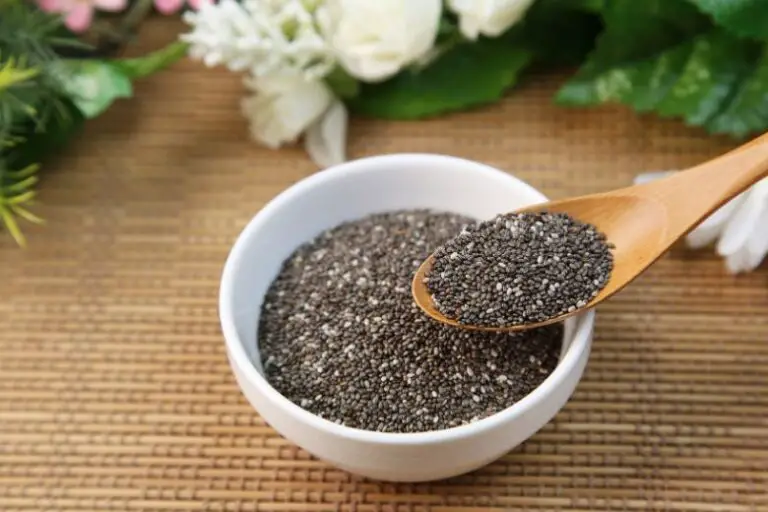Why Do Strawberries Hurt My Stomach
Strawberries, often celebrated for their vibrant color, sweet taste, and health benefits, can sometimes lead to stomach discomfort in certain individuals. If you’ve ever wondered why this happens, read on to uncover the factors that might be contributing to your discomfort.
The Nutritional Value of Strawberries
Before delving into the reasons behind stomach discomfort, it’s important to highlight the nutritional benefits of strawberries. Rich in vitamin C, fiber, antioxidants, and essential nutrients, strawberries are a powerhouse of goodness for your body. However, the combination of these nutrients might not always agree with everyone’s digestive system.
Common Stomach Issues Associated with Strawberries
Acidic Nature of Strawberries
Strawberries are naturally acidic due to their citric acid content. While this acidity contributes to their tangy flavor, it can also trigger discomfort in those with a sensitive stomach or acid reflux issues. The acid content may lead to heartburn or irritation in the gastrointestinal tract.
Fiber Content and Digestive Sensitivity
Fiber is a crucial component of a healthy diet, aiding in digestion and promoting regular bowel movements. However, an excess of fiber, as found in strawberries, can lead to bloating, gas, and abdominal pain, especially in individuals with sensitive digestive systems.
Allergic Reactions
Although rare, some people might experience allergic reactions to strawberries. These reactions can range from mild itching and hives to more severe symptoms like swelling, difficulty breathing, or anaphylaxis. If you suspect an allergy, it’s important to seek medical attention promptly.
Strawberries and Gastroesophageal Reflux Disease (GERD)
Individuals with GERD, a condition where stomach acid frequently flows back into the esophagus, may find that strawberries exacerbate their symptoms. The acidic nature of strawberries can further irritate the already sensitive esophagus, causing discomfort and pain.
Tips for Enjoying Strawberries without Stomach Discomfort
Pairing with Alkaline Foods
To mitigate the acidity of strawberries, consider pairing them with alkaline foods. Enjoy your strawberries with a glass of milk or almond milk, which can help neutralize the acid and reduce the likelihood of discomfort.
Moderation is Key
While the temptation to indulge in a large bowl of strawberries might be strong, moderation is key. Consuming strawberries in smaller portions can help prevent overloading your digestive system with excess fiber and acidity.
Proper Washing and Preparation
Thoroughly washing strawberries and removing the stems can eliminate any potential contaminants that might contribute to stomach discomfort. Proper preparation is essential to ensure you’re consuming the cleanest and safest strawberries.
Exploring Alternative Options
Other Berries to Consider
If strawberries consistently lead to stomach discomfort, you’re not out of options. Consider trying other berries like blueberries, raspberries, or blackberries. These berries offer similar health benefits with potentially less discomfort.
Cooking and Blending Strawberries
Cooking or blending strawberries can help break down their fibers and reduce their overall acidity. Incorporate cooked or blended strawberries into smoothies, sauces, or desserts for a gentler experience on your stomach.
Consulting a Healthcare Professional
If your stomach discomfort persists or worsens after consuming strawberries, it’s advisable to consult a healthcare professional. They can help determine if there’s an underlying issue that needs addressing and provide personalized guidance based on your health status.
Conclusion
While strawberries are undoubtedly a delicious and nutritious treat, they can sometimes lead to stomach discomfort in certain individuals. Factors such as their acidic nature, fiber content, and potential allergenicity can contribute to the discomfort. By following our tips and alternative options, you can continue to enjoy strawberries without sacrificing your digestive well-being.







